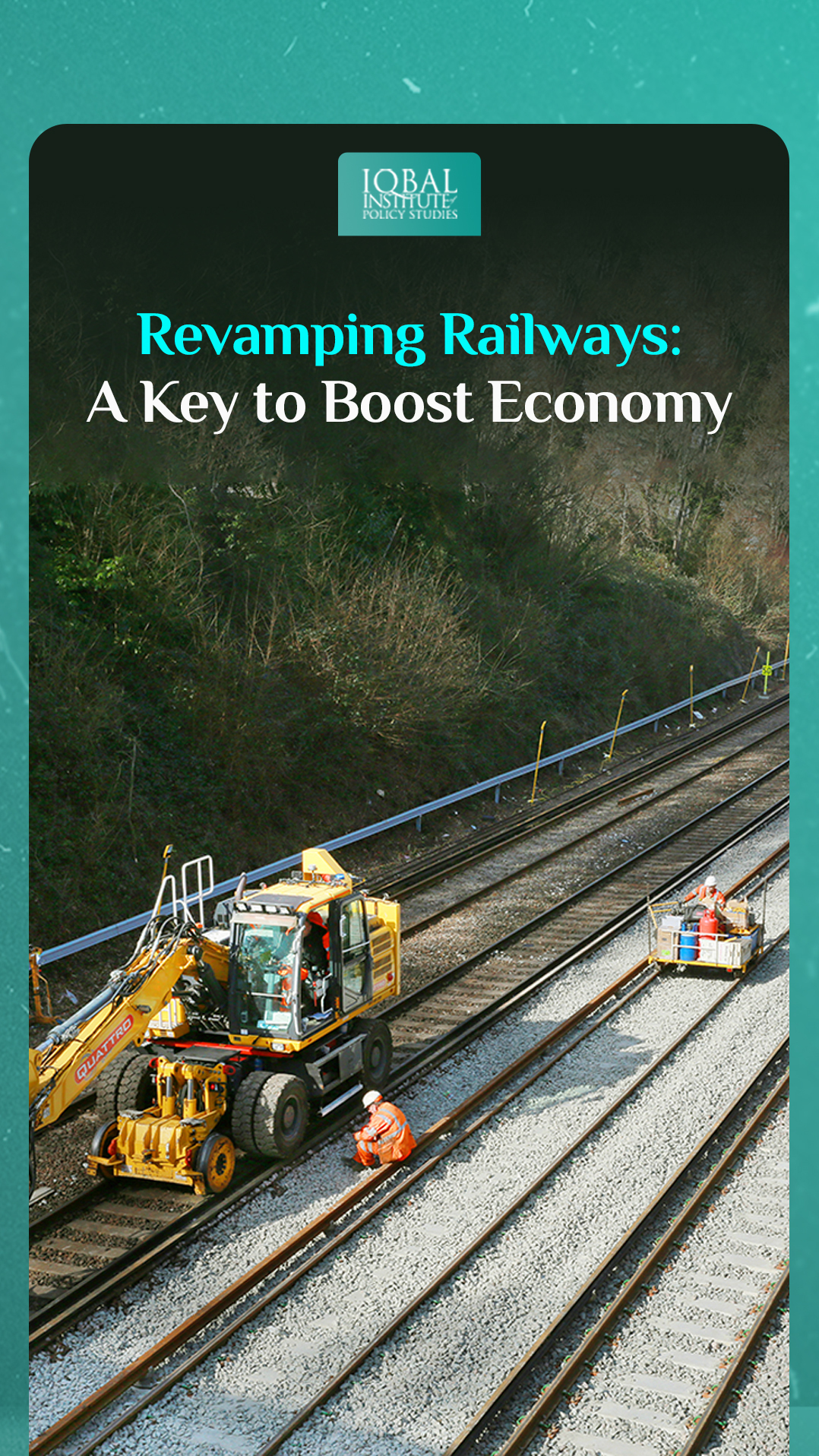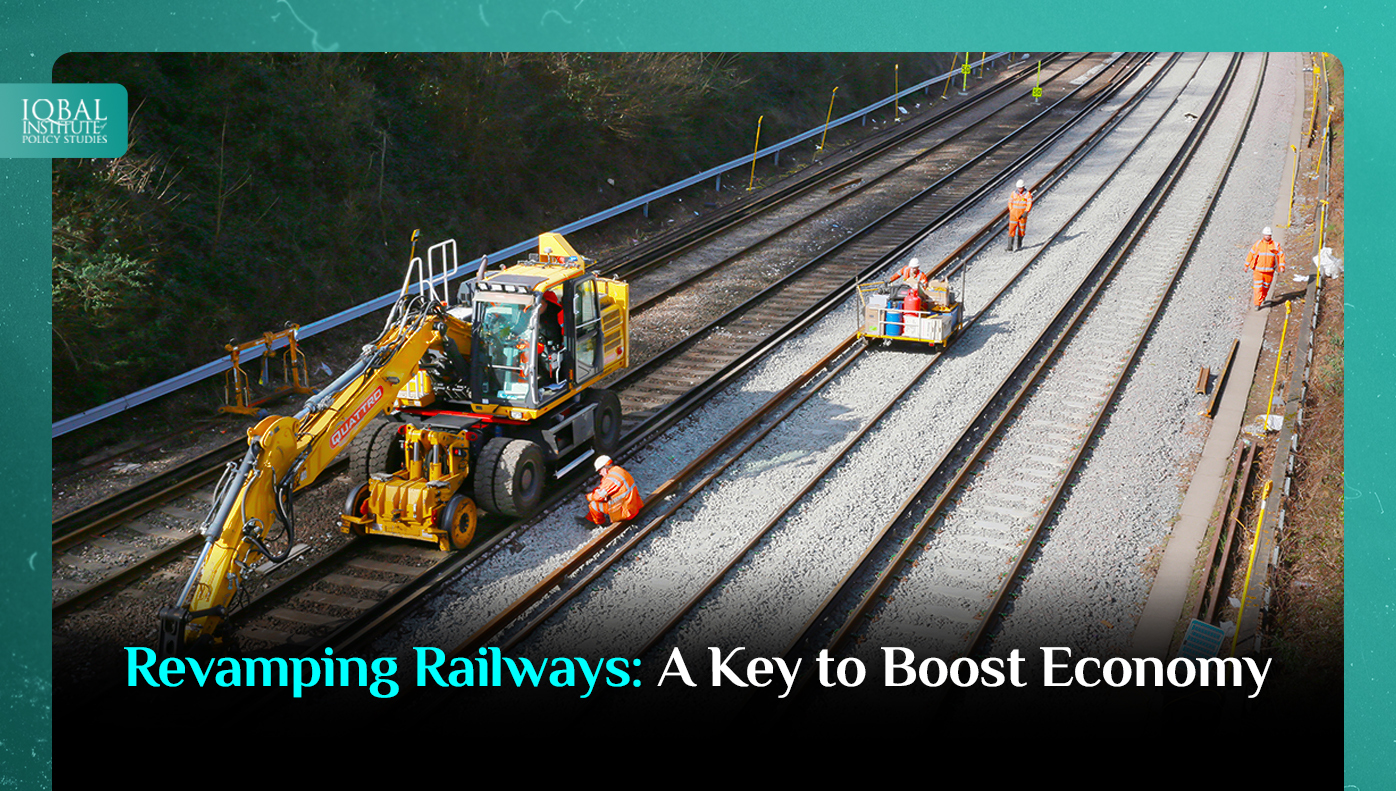The railway is one of the most efficient, quickest, and cheapest modes of transporting people and freight worldwide. All the industrialised nations have well-developed railway networks spread across all the corners of their countries. They are a compact way to carry millions of passengers and tons of goods across countries and continents.
In Pakistan, the railway is one of the largest institutions. However, it is affecting the country’s robust economy due to poor infrastructure, lack of modern machinery, and inefficient management. Railways can play a crucial role in the economic development of Pakistan by providing affordable modes of travelling and boosting economic and industrial activities. According to the Railway Headquarters records, the state-run Pakistan Railways owns 7,791km (4,841 miles) of track across the country, stretching from Torkham to Karachi, offering freight and passenger services (The Nation, 2022).
As per the commercial consideration, railways transport raw materials like metallic, mineral, grain, wood, chemicals and other products. In this regard, the promotion of this sector can generate employment for technical staff, engineers, administrative officers, and labourers, along with the provision of a cheaper source of the journey to the middle and lower middle population of the country.
To make the railway more efficient and useful for both the travellers and factory logistics, the government must implement several reforms:
Organise and finance railroad reforms, including better governance and improving rail services, which will provide better services at lower prices;
Allocate new investments to merge railways with roads, ports and businesses;
The railway system needs the introduction of updated technology and computerised system to make trains fast and safe;
To improve the performance of Pakistan Railways, concerned authorities could encourage the public-private partnership, particularly in the advancement of existing and new infrastructure;
These reforms will help build new locomotives, restructure and improve current railway infrastructure, increase average train speed, improve on-time arrival performance, and provide the best passenger services in the country.



Leave a Reply